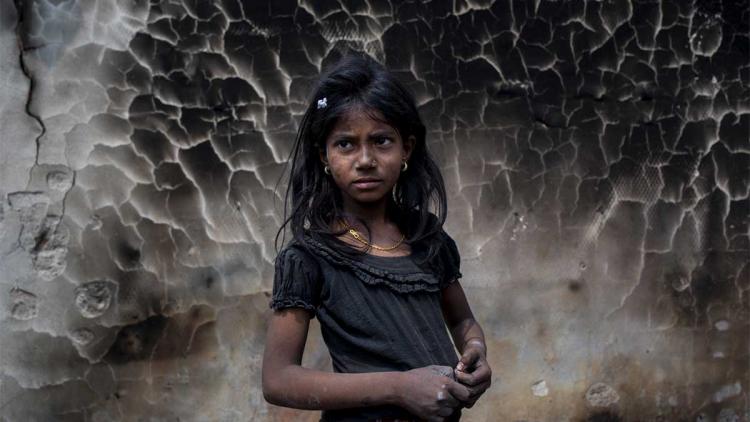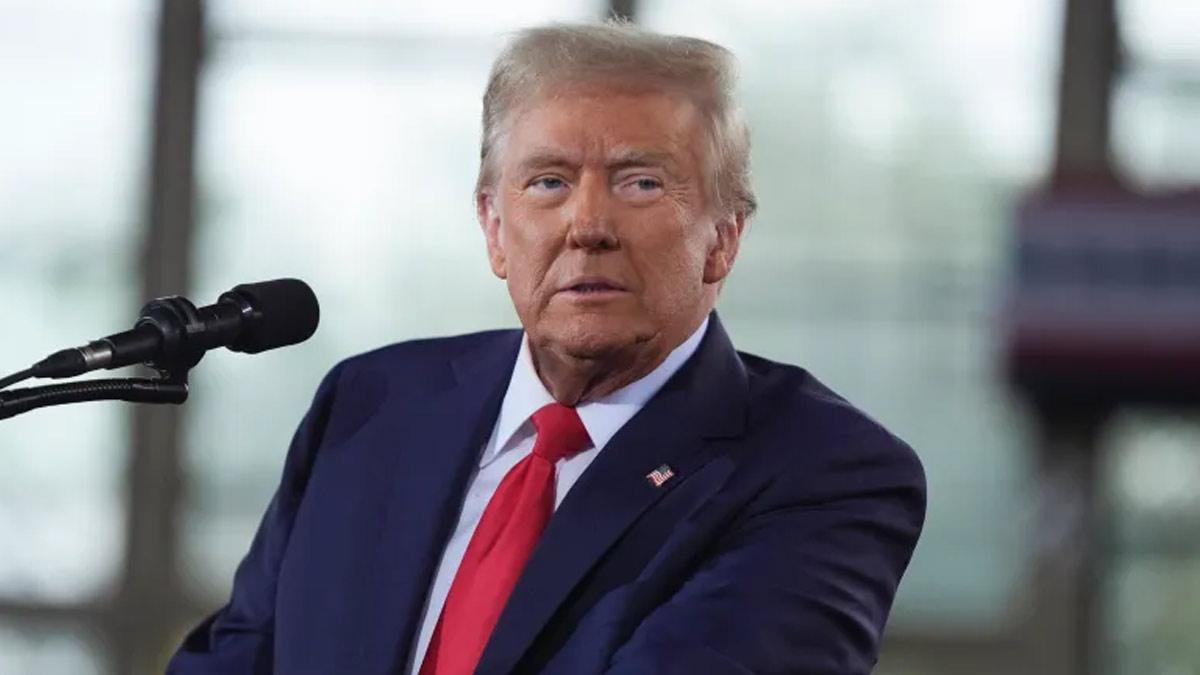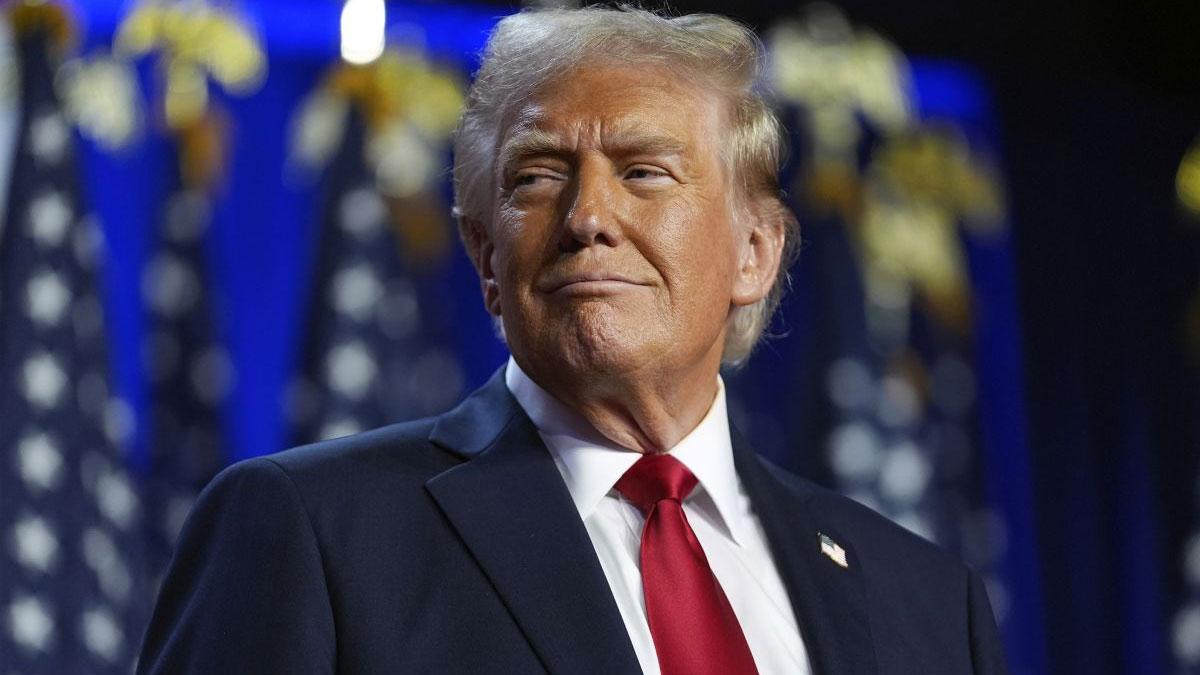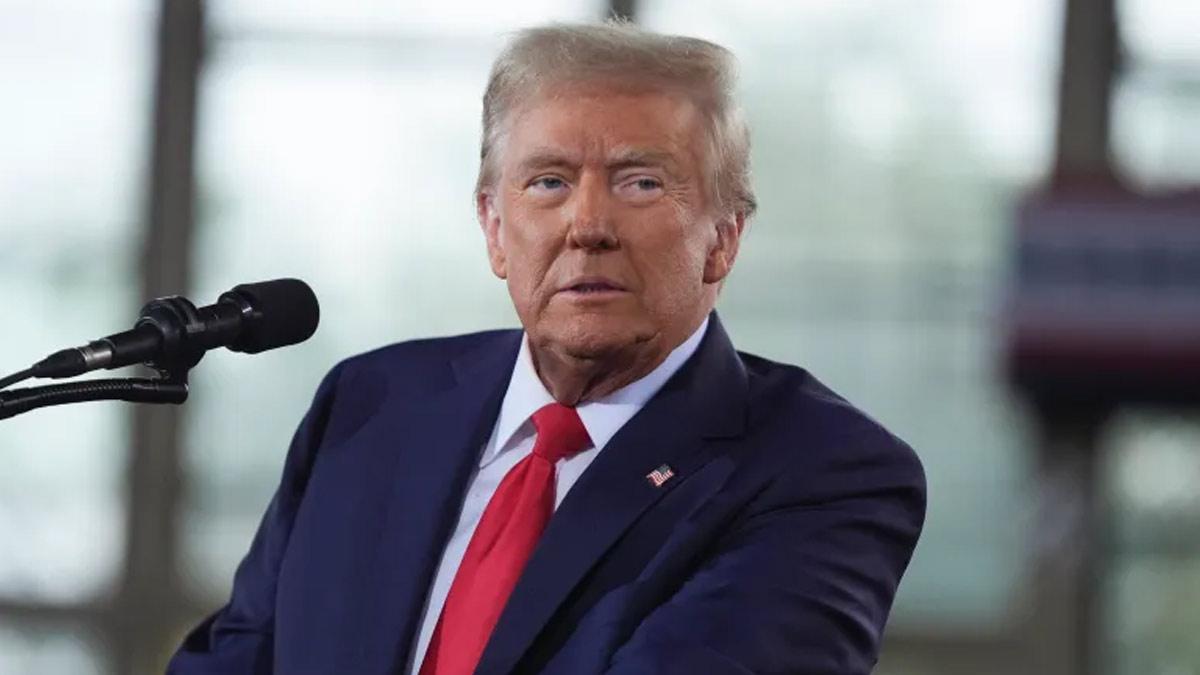The global consciousness was jolted in August 2017 when widespread violence, unprecedented human rights abuses, and armed attacks forced thousands of Rohingyas from Myanmar's Rakhine state. Termed a genocide, the Rohingya massacre, primarily orchestrated by Myanmar's military, unfolded in two phases: a military crackdown from October 2016 to January 2017 and an ongoing second phase since August 2017. The mass exodus, the largest in Asia since the Vietnam War, saw over 700,000 Rohingyas seeking refuge in Bangladesh, creating the world's largest refugee camp in Cox Bazar. Beyond Bangladesh, many fled to India, Thailand, Malaysia, and other parts of South and Southeast Asia. Considered among the "most persecuted minorities" by the UN, Rohingyas have faced systematic marginalization and denial of citizenship since 1982. Persecution, rooted in the 1970s, intensified with ethnic cleansing and genocide allegations by the Myanmar military. Despite evidence presented by UN agencies, the International Criminal Court, and human rights groups, the Burmese government dismisses allegations as "exaggerations." The Rohingya crisis, triggered by military crackdowns, led to a damning verdict of genocide by the Permanent Peoples' Tribunal in 2017. Aung San Suu Kyi faced criticism for her silence and support of military actions. The UN High Commissioner for Human Rights called for the trial of Burmese military generals for genocide in 2018. In January 2020, the International Court of Justice ordered Myanmar to prevent genocidal violence against the Rohingya. Displaced Rohingyas, concentrated in Bangladesh, faced additional challenges during Cyclone Mocha in May, exacerbating their already precarious living conditions. With limited legal status, livelihood opportunities, and restricted movement, Rohingya refugees remain heavily dependent on humanitarian aid. The call for a political dialogue for voluntary repatriation stands as the only viable path forward, as weather-related hazards persist, further threatening their survival. The protracted situation raises concerns about potential strains on host countries, with a looming choice between citizens and refugees.
Key Points:
1. The Rohingya crisis emerged in August 2017 due to large-scale violence, human rights abuses, and armed attacks in Myanmar's Rakhine state, leading to the displacement of thousands from the predominantly Muslim Rohingya community.
2. Described as a genocide, the persecution of Rohingya Muslims by Myanmar's military unfolded in two phases: a military crackdown from October 2016 to January 2017 and a second phase ongoing since August 2017.
3. The mass exodus in 2017 marked Asia's largest displacement since the Vietnam War, with over 700,000 Rohingyas fleeing Myanmar, primarily to Bangladesh, where the Cox Bazar area houses the world's largest refugee camp.
4. Rohingyas also sought refuge in other South and Southeast Asian countries, such as India, Thailand, and Malaysia, to escape ethnic cleansing, reinforcing their status as one of the world's most persecuted minorities.
5. The Rohingya, denied Burmese citizenship since 1982, face severe restrictions, including limitations on family size, travel, education, and access to essential services.
6. Persecution against Rohingya Muslims dates back to the 1970s, with evidence of mistreatment by Buddhist Nationalists and the Burmese government.
7. The current refugee crisis resulted from Myanmar armed forces' crackdown in Rakhine, labeled ethnic cleansing and genocide by international bodies, despite Myanmar's government dismissing the accusations.
8. Aung San Suu Kyi faced criticism for her silence on the Rohingya crisis and support for the military's actions, tarnishing her reputation as a Nobel laureate.
9. International condemnation led the UN High Commissioner for Human Rights to declare in August 2018 that Burmese military generals should be tried for genocide.
10. The Rohingyas, concentrated in Bangladesh, faced further challenges after Cyclone Mocha in May, exacerbating their dire living conditions with a lack of legal status, livelihood opportunities, and restricted movement, emphasizing the need for political dialogue and voluntary repatriation.
(With Agency Inputs)
Read also| Massacre of Hindus by Rohingya in Myanmar could be 'international crime': UN investigator


















